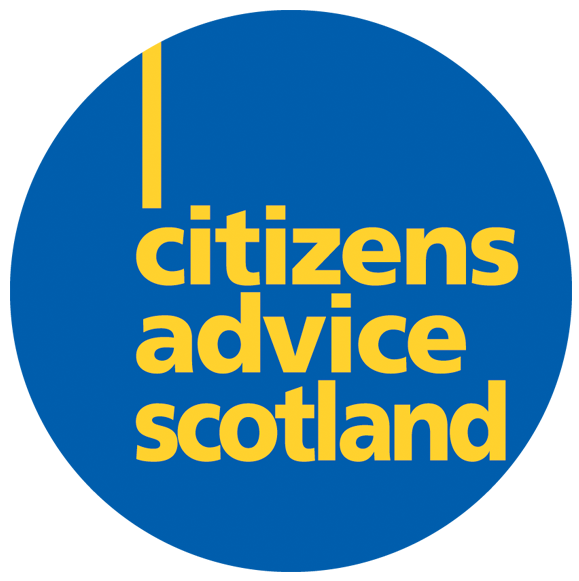Citizens Advice Scotland: Over 270,000 people missed a council tax payment in 2023

Over 270,000 people in Scotland missed a council tax payment in 2023, analysis by Citizens Advice Scotland (CAS) suggests.
Analysis by the charity of polling it commissioned from YouGov suggests that 276,186 people in Scotland had missed a council tax payment at least once from December 2022.
Broken down that works out to:
- 23,015 people a month
- 5,311 people a week
- 756 people a day
- 31 people an hour
CAS is running the “Stressed about Debt” campaign, encouraging people who are worried about money and debt to seek advice from the Citizens Advice network.
People can go to www.cas.org.uk/stressed and find a route for advice that works for them.
Council tax is a “priority debt” – a debt people should deal with first or risk enforcement that is quicker and harsher than that for commercial debt.
Previous research from Citizens Advice Scotland found that people aren’t aware of the harsher debt collection consequences of being in council tax arrears compared to other types of debt such as loans or credit cards.
Councils can subject those in arrears of just one month people to a speedy debt enforcement through a bank arrestment - which can include benefits - as a means of recovering payment, while the research also found that local authorities are overlooking potential opportunities to enable repayments to be made.
On average around one in three clients presenting debt at bureaux have council tax debt. This proportion is consistently higher for clients seeking support with multiple debt issues.
CAS financial health spokesperson Myles Fitt, said: “The sheer scale of people who have missed a council tax payment last year is alarming. That’s 270,000 people receiving a bill for payment of the full year of council tax because of that missed payment. 270,000 potentially facing a bank arrestment if payment can’t be made. 270,000 people potentially in need of advice as council tax debt is nearly always connected to other debts.
“The cost-of-living crisis is undoubtedly a key factor in this. People are prioritising essential costs like heating, food and shelter and in some cases that means skipping or not being able to pay their monthly council tax bill. People don’t see immediate tangible consequences of not paying their council tax - the bins still get emptied and street lights stay on – in the way that they do if food cannot be bought or energy bills are left unpaid.
“But council tax should be regarded as a priority bill simply because the debt collection process is quicker and harsher than commercial debt like credit cards, such as arresting bank accounts which can include benefit payments.”
He added: “As council tax bills land on doorsteps in the coming weeks for next financial year, we urge people to factor in the consequences of not paying council as they determine their spending priorities.
“Anyone who has missed a council tax payment or is struggling with paying bills or falling into debt should seek advice from the Citizens Advice network. You can go to www.cas.org.uk/stressed and choose a route to advice that works for you. Our advice is free, impartial and confidential and we don’t judge, we just help.”






